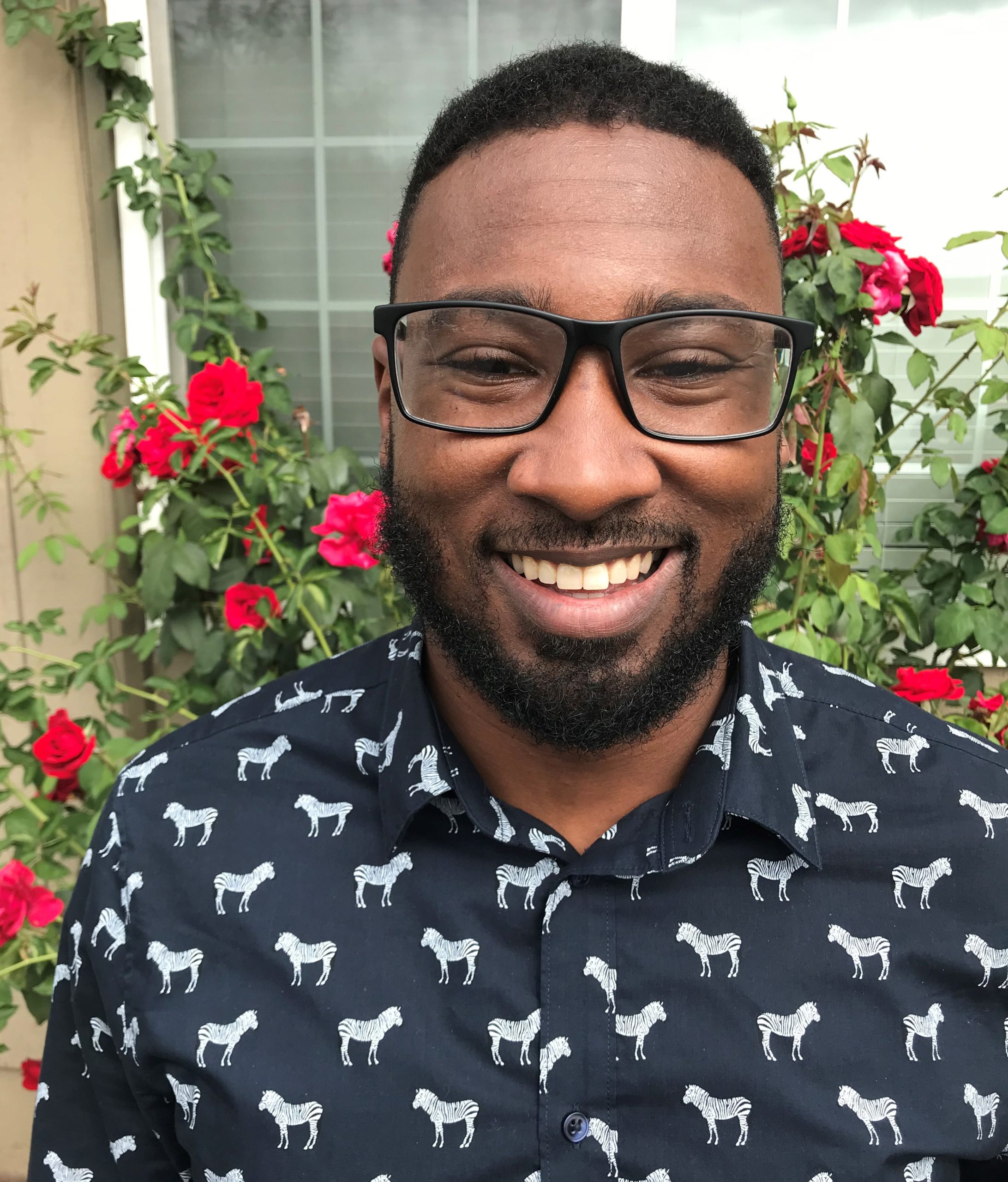Jerrell Williams is currently the pastor of Salem Mennonite Church in Salem, Oregon. He is a recent graduate of Pittsburgh Theological Seminary with his Master of Divinity. Jerrell’s interests include systematic theology and Christian ethics.
I have never been a patient person. When I played football at Bethel College, one of my coaches even referred to me as a “microwave kid;” I wanted everything to happen now. I have a hard time waiting, and it often fills me with a paralyzing anxiety. At times I am waiting to hear back from someone about important news. At times, I wait because I know that there is something better is coming.
The worst feeling, however, is when I must wait and hope for something to happen while knowing the chances don’t seem high. For me, waiting has always made me feel useless, as if there is nothing left that I can do except wait for something to happen. This mode of waiting tends to happen in the church often. Growing up in the Southern Baptist tradition, we emphasized the virtue of waiting. Once we were “saved,” we were to wait for the deaths of our physical bodies so that our spiritual bodies could go to heaven where there was no pain. We just had to deal with the world as it is. In our Southern Baptist theological view, this world was going to fade away eventually, so it was important for us to accept Christ to make sure that we were going to heaven. Our time on earth is all just a waiting game.
During the Advent season, we often echo this theme of waiting. We wait for God to break into the world. We wait for the birth of Jesus who will be the one to change everything. This year for Advent, our congregation is using the theme “Living the Journey.” This has presented an interesting perspective of Advent for us. Rather than us just simply waiting for Christ to come, we have been contemplating participation. What does it mean to participate in Advent? What does it mean for us to participate in what God is doing?
Advent isn’t only a waiting game; instead, it is participation in what God is doing because we have the promise of the coming savior. I think of the story of John the Baptist in the Gospel of Matthew. In Matthew 11, Jesus praises John the Baptist because he was the messenger who came before Jesus to “prepare the way.” John the Baptist, hanging on to the promise from God, answered his call to prepare the way for the coming Christ. Though John the Baptist was waiting for the coming of Christ, he was still active. He saw his role as preparing the way.
Throughout this advent season, my congregation and I have been reflecting and discerning what our role is as we are waiting.
Waiting isn’t the lack of movement or participation in what God is doing. We continue to move while we wait because we cling to the promise that God has given the world. This is the promise of liberation and peace. The promise of a day when the oppressed will be free. As those who hold that promise, we are called to prepare the way.
The church is to be a place of refuge for the broken. The church is supposed to proclaim the message that liberation and freedom can be found.
As people who have tasted and seen that the Lord is good, we are to be vehicles of liberation for the oppressed. We advocate for the needs of others. We protest the injustice in the world. We create space for people to be who they are called to be. This is how we prepare the way while we are waiting. The good news about the waiting is that we get to be participants in what God is doing in the world. We don’t just sit on our hands and wait for God to take care of all the world’s problems for us. We participate in what God is doing. It is as the West African proverb says, “When you pray, move your feet.” When we get tired of waiting, God gives us the gift of participation. Peace.


